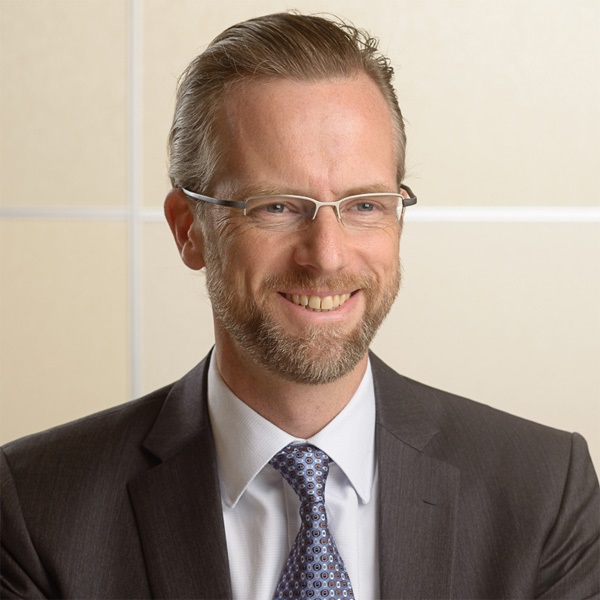2023 was the worst year for health care stocks on a relative basis since 1999, underperforming the broad global equity market by 20%. Excluding Novo Nordisk and Eli Lilly − two large and notable outliers whose successful diabetes/obesity drug franchises drove extraordinary share price returns last year − the sector would have underperformed even more, by 24%.
29 February 2024
Relative performance of MSCI World Health Care vs MSCI World index (in US$ terms)


Past results are no guarantee of future results
Data by calendar year from 1 January 1995 to 31 December 2023. Based on the difference in the net total return of each index, calculated on an arithmetic basis. Source: Datastream.
As is often the case, there is no single reason contributing to the relative weakness within the healthcare sector recently and this piece looks at a few candidates, including the risk-on environment in 2023, the Inflation Reduction Act (IRA) in the US and M&A risk.
With the US presidential elections now less than a year away, this is also weighing on investor sentiment across the health care sector. The US spends the most per capita of any country on health care, making drug pricing a low- hanging political fruit for both sides of the spectrum on which to appear tough in order to win voters. But while the theory is clear, is there any evidence supporting the conventional wisdom that health care stocks should suffer during an election year?
While the sector can be exposed to political noise, there are plenty of reasons for optimism as we enter a ‘golden era’ of health care innovation. As ever, deep fundamental research and a long-term perspective are essential for uncovering potential durable investment opportunities.

Andy Budden is an investment director with 31 years of experience (as of 12/31/2023). He holds both a master’s degree and a bachelor’s degree in engineering from the University of Cambridge.

John Lamb is an investment specialist at Capital Group. He has eight years of industry experience and has been with Capital Group for five years. He holds a bachelor's degree in economics and management from the University of Oxford.

